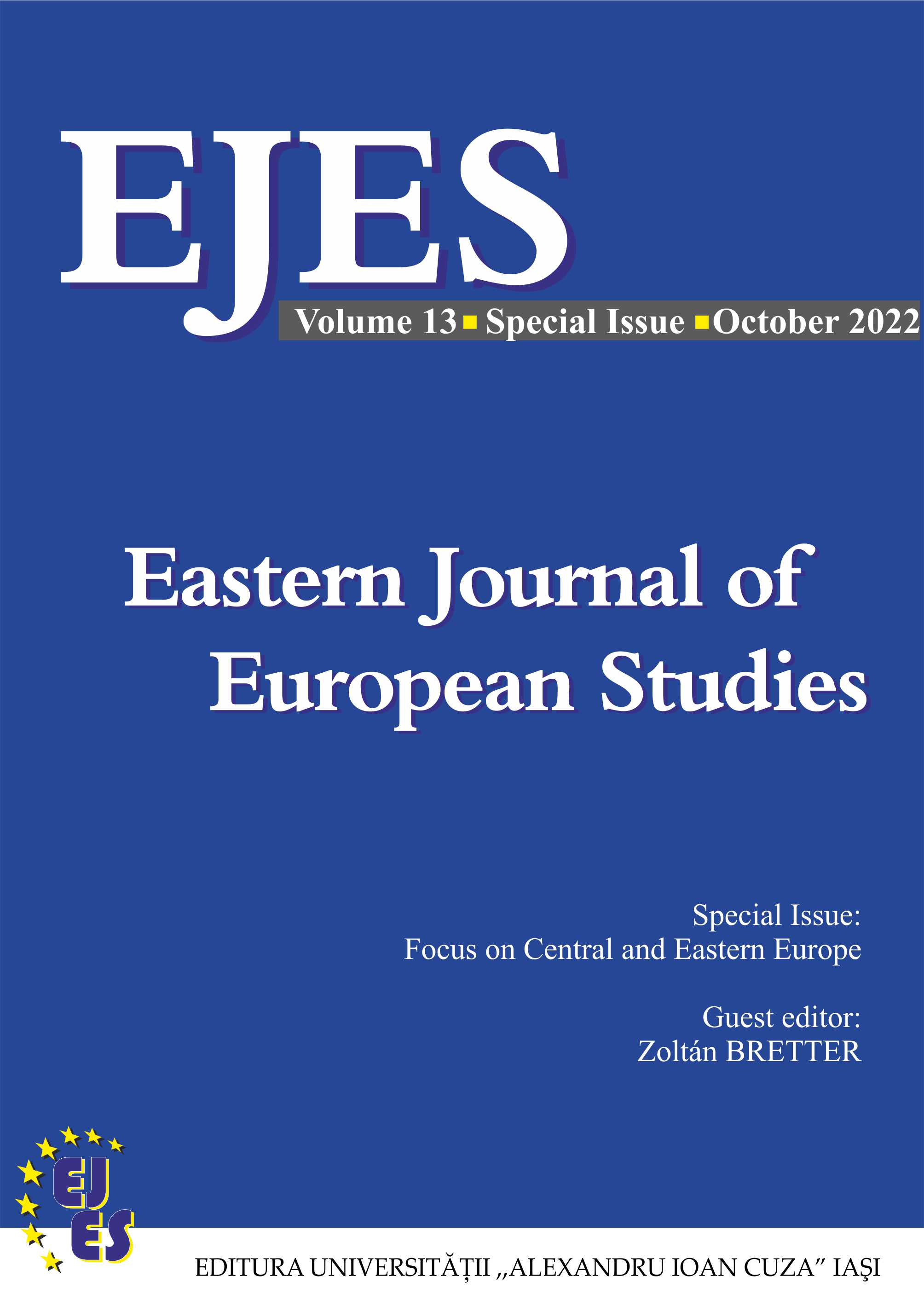Is the Visegrad Group disintegrating? A case study on the diversification of the Visegrad states’ EU enlargement policy since 2014
Is the Visegrad Group disintegrating? A case study on the diversification of the Visegrad states’ EU enlargement policy since 2014
Author(s): Christopher WalschSubject(s): Politics / Political Sciences, Governance, Developing nations, EU-Approach / EU-Accession / EU-Development, Geopolitics
Published by: Editura Universităţii »Alexandru Ioan Cuza« din Iaşi
Keywords: EU enlargement; Visegrad Group; Central Europe; regional cooperation;
Summary/Abstract: This contribution asks to which extent it is correct to say that Visegrad Four (V4) states’ governments today have a more differentiated approach to the enlargement of the European Union (EU) compared to ten years ago. An older story of V4 functioning as a role-model concerning transformation and integration is still present in the framework and appearance in the regional format Visegrad Group. The various crises of the 2010s contributed to the fact that in parallel, considerable ad-hoc group or individual action is also prevalent. A qualitative method will be applied, based on the analysis of primary documents and on an initial review of the research literature on the subject. Research on V4 and Western Balkans (WB) states will be presented along three levels of governance: (1) the regional level as expressed in the V4 format; (2) Visegrad member states in coalition (alternative regional formats, ad-hoc/thematic coalitions within and beyond the region); (3) individual action of a V4 government. The conclusion reflects critically on the possible consequences of changes happening at all three levels involved. In particular, the ongoing war of Russia against Ukraine is currently dividing the Visegrad states and could lead to further disintegration of the Visegrad Group.
Journal: Eastern Journal of European Studies
- Issue Year: 13/2022
- Issue No: SI
- Page Range: 53-72
- Page Count: 20
- Language: English

